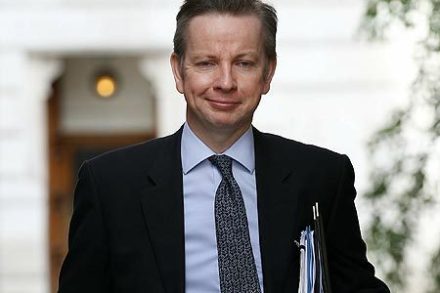Using a politician’s spouse to attack him is below the belt, Andy Burnham should apologise
Andy Burnham crossed a line today in using Sarah Vine, Michael Gove’s wife, to take a pop at the Education Secretary. Burnham, mockingly citing a recent Vine column, argued that the fact that the Goves have a cleaner ‘raises further questions about whether he is living in the same world as the rest of us.’ Now, by this logic I suspect that the majority of his shadow Cabinet colleagues are not living in what Burnham thinks of as ‘the same world as the rest of us’. This ungallant attack seems particularly unpleasant when you consider that Sarah Vine came to Frankie Burnham’s defence when she was attacked for the outfit she wore


















